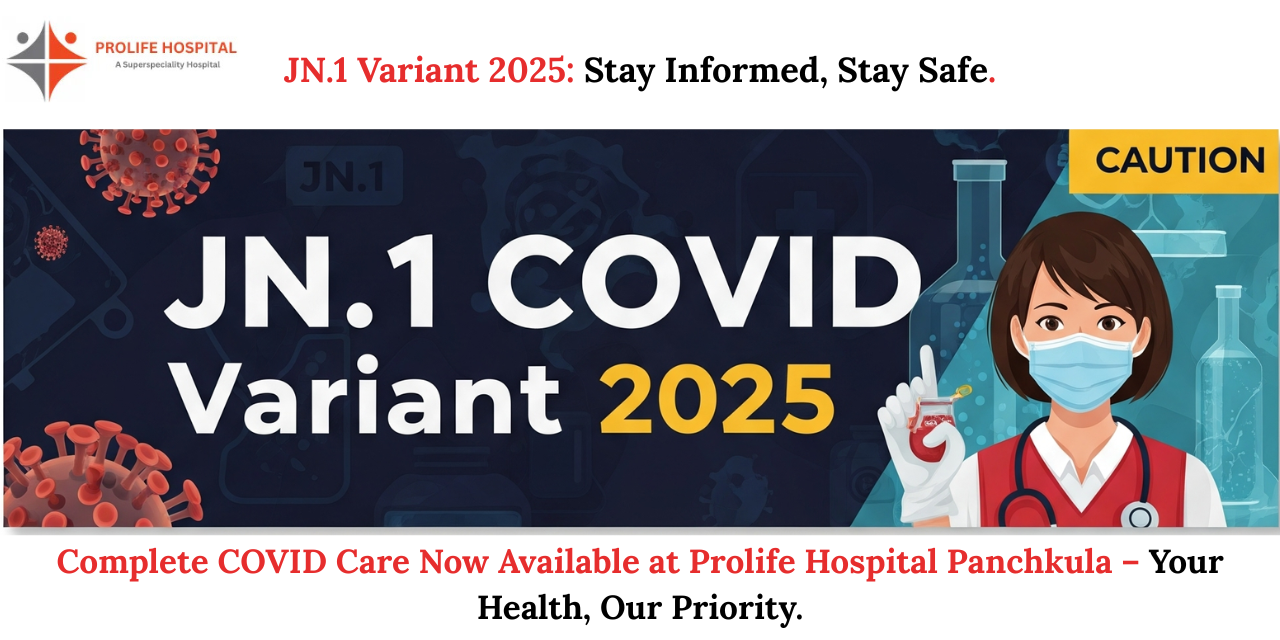A hernia occurs when an organ or tissue pushes through a weak spot in the surrounding muscle or connective tissue. While hernias are common and can affect individuals of all ages, understanding their causes, symptoms, and treatment options is crucial for effective management. In this article, we will explore the fundamentals of hernias, how to recognize their symptoms, and when surgery becomes a necessary option. Early diagnosis and intervention can significantly improve outcomes and quality of life.
What is a Hernia?
A hernia typically involves a protrusion of an internal organ, such as the intestine, through a weakened area of the abdominal wall or other areas in the body. Hernias can occur in various locations, including the groin (inguinal hernia), the navel (umbilical hernia), or along surgical scars (incisional hernia). Although hernias are not always life-threatening, they can lead to complications if left untreated.
Causes of Hernias
Several factors can contribute to the development of a hernia:
- Increased Abdominal Pressure: Activities or conditions that increase pressure in the abdomen can lead to hernias. This includes heavy lifting, persistent coughing, or straining during bowel movements.
- Weakness in Abdominal Muscles: Congenital weaknesses in the abdominal wall or a history of previous surgery can predispose individuals to hernias. Age and muscle degeneration can also play a role.
- Genetic Factors: Some people inherit a tendency to develop hernias due to genetic factors that affect connective tissue strength.
- Obesity: Excess weight puts additional pressure on the abdominal wall, increasing the risk of hernias.
- Pregnancy: The physical strain of carrying a baby can weaken the abdominal muscles, potentially leading to hernias, particularly umbilical hernias.
Recognizing Hernia Symptoms
Early recognition of hernia symptoms can lead to timely treatment and prevent complications. Common symptoms of a hernia include:
👉 Visible Bulge
A noticeable bulge or lump in the abdomen, groin, or near a surgical scar is often the most obvious sign of a hernia. This bulge may become more pronounced when standing, lifting, or straining.
👉 Pain or Discomfort
Pain or a feeling of discomfort in the affected area, especially when moving or exerting effort, is common. The pain may vary from a dull ache to sharp, severe discomfort.
👉 Pressure Sensation
A sensation of pressure or heaviness in the abdomen or groin can be indicative of a hernia. This pressure may worsen with physical activity.
👉 Nausea or Vomiting
In some cases, hernias can cause nausea or vomiting, particularly if they lead to complications such as incarceration or strangulation, where the herniated tissue becomes trapped and its blood supply is compromised.
👉 Difficulty with Bowel Movements
Hernias affecting the intestines may cause difficulty with bowel movements, including constipation or the inability to pass gas.
When is Surgery Necessary?
Not all hernias require surgery, but surgical intervention is often necessary to prevent complications and improve quality of life. Here are some scenarios where surgery might be needed:
➽ Persistent Pain and Discomfort: If a hernia causes ongoing pain or discomfort that interferes with daily activities, surgery may be recommended to alleviate symptoms and prevent worsening.
➽ Complications: Complications such as incarceration (where the herniated tissue becomes trapped) or strangulation (where the blood supply to the herniated tissue is cut off) require immediate surgical intervention. These conditions can lead to serious health issues if not addressed promptly.
➽ Inability to Reduce the Hernia: If the hernia cannot be pushed back into place manually (reduced), or if it becomes progressively larger, surgical repair is usually necessary.
➽ Impact on Quality of Life: If a hernia significantly affects your daily life, activities, or work, surgery can provide relief and improve overall well-being.
The Importance of Timely Consultations
Recognizing the signs of a hernia and seeking timely medical advice is essential for effective management and treatment. Early consultation allows for a proper diagnosis and a personalized treatment plan that addresses your specific condition. It also provides access to advanced surgical techniques and minimally invasive options that can lead to better outcomes and quicker recovery times.
Conclusion
Understanding hernias, their causes, and recognizing symptoms is crucial for effective treatment. If you experience signs of a hernia, such as a visible bulge, persistent pain, or difficulty with bowel movements, it’s essential to consult a specialist promptly. Dr. Sunil Malhotra, a leading expert in hernia treatment in Panchkula, offers comprehensive care at Malhotra Hospital & Orthopedic Centre. By seeking early consultation with Dr. Malhotra, you can ensure timely diagnosis and access to the latest surgical options, improving your chances of a successful outcome and a return to normal activities. Don’t wait—contact Malhotra Hospital & Orthopedic Centre today to address your hernia concerns and take the first step toward relief and recovery. For more information please contact us on : +917302217302.













